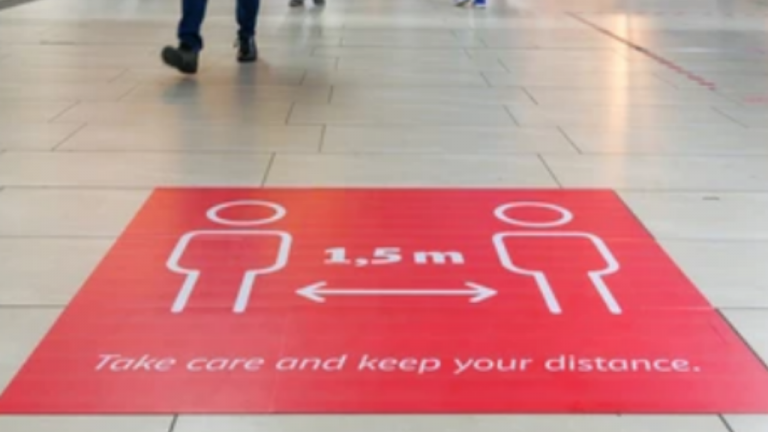
A small number of COVID-19 infections have prompted the northern Chinese port city of Tianjin to close a number of amusement facilities, kindergartens, and tutoring companies. Tianjin is the most recent major metropolis to combat clusters.
Tuesday’s official statistics revealed that Tianjin, a city with a population of over 12 million and home to facilities affiliated with Boeing (NYSE:BA) and Volkswagen (ETR:VOWG p), recorded 11 instances of domestically transmitted diseases on Monday, a week after there were none.
A spokesman stated on Tuesday that Tianjin Port Co Ltd, which controls the port’s cargo loading and unloading operations, is running regularly.
China has maintained a “dynamic zero COVID” strategy of suppressing outbreaks as soon as they appear, despite the fact that its tight measures in reaction to the highly transmissible Omicron strain have affected local companies and dimmed the outlook for the second-largest economy in the world.
Officials in Tianjin said late Monday that numerous indoor entertainment outlets, such as chess and card parlors and pubs, were ordered to close in two districts with a combined population of over 2 million, without setting a timeframe for their resumption.
One of the districts also announced a three-day shutdown for kindergartens and tutoring services.
In a report released on Monday, analysts at Nomura calculated that 264.1 million people in 41 Chinese cities are affected by complete or partial lockdowns or other control measures, up from 247.5 million in 31 cities last week.
China recorded 699 new domestically transmitted illnesses on July 18, of which 199 were symptomatic and 500 were asymptomatic, according to the National Health Commission on Tuesday.
The bulk of fresh cases discovered on Monday were in the province of Gansu and the region of Guangxi.
In the provincial capital of Gansu, Lanzhou, a district with more than 100,000 inhabitants has been under lockdown since Monday. During this time, each home is permitted to leave its residential complex just once per day to purchase supplies. The lockdown for four additional large districts containing around 3 million people began last week and will last until July 24.
Beihai, a seaside city in Guangxi that is now recording over 700 local cases, is the most recent location to be slammed with travel restrictions.
Reversing a pre-outbreak surge in demand, Beihai has instructed hotels and travel agents to completely reimburse excursions and stays booked by people who were ultimately unable to travel.
It is also hurrying to care for more than 2,000 visitors stranded in the city, some of whom had been in close contact with infected individuals or had visited places afflicted by the illness and were unable to leave without undergoing quarantine. In order to depart, tourists must present negative test results from within the past 48 hours.
The financial metropolis of Shanghai, which reported 23 new local cases on Monday, began testing in several of its 16 districts on Tuesday, a week after a similar effort.
There were no additional fatalities, bringing the total number of fatalities to 5,226.
As of Monday, mainland China had reported 227,830 symptomatic cases, including both local patients and overseas travelers infected with the virus.




